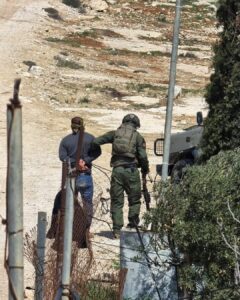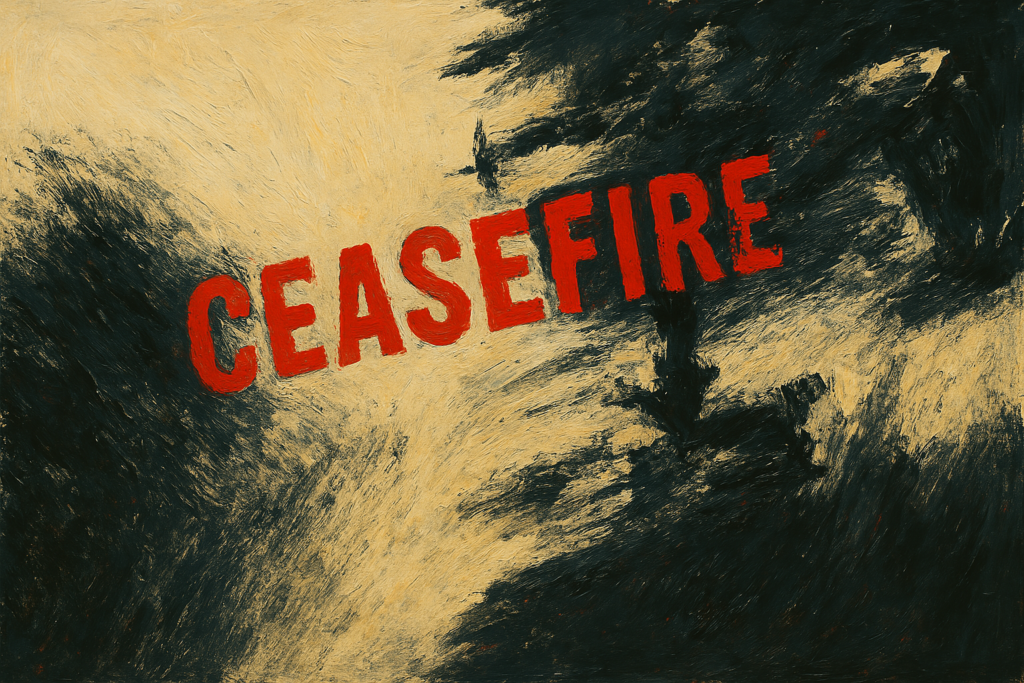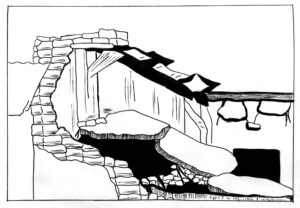
Over 50 civil-society groups urge ceasefire between Maoists and Chhattisgarh government

A broad coalition of over 50 civil society organisations and trade unions, and 150 concerned citizens, issued an appeal for urgent ceasefire and peace talks between the banned Communist Party of India (Maoist) and the Chhattisgarh government. The appeal was issued on 3 April, after the Maoist’s Central Committee expressed their openness to dialogue, and the state government gave a conditional nod. The civil-society appeal urges an immediate cessation of hostilities in the conflict-affected regions of India, including the Adivasi dominated districts of Bastar division in Chhattisgarh, West Singhbhum in Jharkhand and Gadchiroli in Maharashtra. The conflict spreads over contiguous regions of Telangana and Odisha as well.
The appeal underlined that “lives and well-being of the residents must be given first priority in any talks.” It said, “There should be no more hostilities from either side whether in the form of operations, extra-judicial killings and encounters, IED blasts and killing of civilians or any sort of violence.” The appeal adds, “In the spirit of the Constitutional vision and ethos, a major responsibility vests with the Government not to view the situation as though it is a `war’ with an external adversary but as an internal conflict involving our own citizens which requires to be brought to an amicable settlement at the earliest.” (A copy of the appeal is published in full at the end of this report.)
The call for peace talks comes amid a significant escalation of counter-insurgency operations since early January, 2024. Under “Operation Kagar,” security forces have intensified their presence across central and eastern India, particularly in Chhattisgarh’s Bastar division, still known to be a bastion of the Maoist armed resistance struggle.
This escalation represents the latest phase in a decades-long conflict that has seen successive military campaigns following the controversial state-sponsored Salwa Judum movement that began in 2005. While previous operations like “Operation Green Hunt” and “Operation Samadhan Prahar” had already militarised these predominantly tribal regions, 2024 marked a dramatic intensification with unprecedented deployment of security personnel, advanced weaponry, and technological surveillance. At the same time, the government has claimed that only about 400 armed cadres of the CPI (Maoist) remained active in Bastar, Chhattisgarh.
According to the appeal, this escalation has resulted in 287 reported deaths in 2024 alone, with an additional 113 in 2025. In the encounters, several civilians, including minors, have been reportedly killed or gravely injured, including one operation in Chhattisgarh’s Abujhmad in December 2024, and another in Pidiya in May.
It also raises serious concerns about the government’s approach, noting that despite Supreme Court directives to disband Special Police Officers (SPOs), authorities have instead expanded paramilitary forces like District Reserve Guards and Bastar Fighters, many reportedly former Salwa Judum members. These forces are alleged to be primary perpetrators of human rights violations in the region. While road projects and security infrastructure have expanded dramatically—with approximately one security personnel for every nine civilians and over 160 camps established on tribal lands—development in education, healthcare, and public services has lagged significantly. Meanwhile, the government has signed numerous mining agreements that local communities fear will result in displacement and environmental harm.
In January last year, the deputy chief minister and state home minister Vijay Sharma announced the government’s willingness to hold discussions “without any conditions.” He said that the Maoists should understand that “peace talks cannot occur with guns and bullets. A well-ordered society is not governed by firearms.”
On March 28, the CPI (Maoist) expressed willingness to enter peace negotiations, simply on the condition that the central and state forces cease the ongoing operation “Kagar” in Chhattisgarh, Maharashtra, Odisha, Jharkhand, Madhya Pradesh, and Telangana and refrain from establishing new security camps. They said, if the government accepts these conditions, the party will “immediately declare a ceasefire.” While the state home minister responded with openness to dialogue, his response entailed the precondition of the Maoists surrendering or laying down arms. Sharma reiterated on April 3 that although the government is open for talks, the counter-insurgency forces would not stop their activity or setting up of new camps.
Meanwhile, the union home minister Amit Shah visited Dantewada in Bastar region on April 5 and said, “No one is happy when a Naxalite is killed, but this region wants development.” The minister has set 31 March 2026 as the deadline for eradicating Maoism from the country, and gave a statement that contradicted the reality on ground where the security forces have expressed immense joy in Maoist deaths. A widely circulated video of District Reserve Guards dancing with their guns after killing ten alleged Maoists in Sukma district offers perspective into their attitudes. Shah also offered financial rewards to villages that facilitate Maoist surrenders and declare themselves Maoist-free, with a substantial incentive of Rs 1 crore development funds for such villages. In addition, he promised the government’s full protection to those who abandon the insurgency. However, the suffering and deaths of civilians were entirely missing from his narrative.
Against this backdrop, the appeal for ceasefire and peace pointedly calls for:
- Immediate cessation of government offensives in Adivasi areas.
- Halt to all CPI (Maoist) hostilities against state forces.
- Initiation of dialogue within the framework of the Indian constitution.
- Free access to affected areas for independent organisations and media.
- Urgent attention to people’s livelihood needs and constitutional rights.
- Release of detained Adivasi activists and others jailed for democratic dissent, so that they, along with the recently banned Moolvasi Bachao Manch, could “participate in the talks and remain equal stakeholders in the dialogue.”
The first independent initiative for the peace talks was taken by the Hyderabad-based Peace Dialogue Committee with its first round-table conference on March 24 this year. Following this, the CPI (Maoist) published its statement welcoming the efforts and expressing willingness for dialogue with the government. The conference drew participation from Chattisgarh-based rights activist Bela Bhatia, the retired judge Chandrakumar, and the former visiting professor at National Law School of India University, G Hargopal, besides former Maoist leader Jampanna. The committee held a second round-table conference on April 4, after the civil-society appeal was also made by the broader coalition based on the Maoists’ stated openness for a ceasefire.
The signatories of the appeal emphasise that peace talks should lead to demilitarisation, prisoner releases, reparations for human rights violations, implementation of protective laws, and respect for democratic rights to protest. The appeal comes as the conflict marks 20 years since the controversial state-backed Salwa Judum campaign began in Bastar, which has been followed by successive military operations in the region.
Read the full text of the appeal for ceasefire and dialogue below.
Related Posts


கான்பூர் இடிப்பு குறித்த மீளாய்வு




